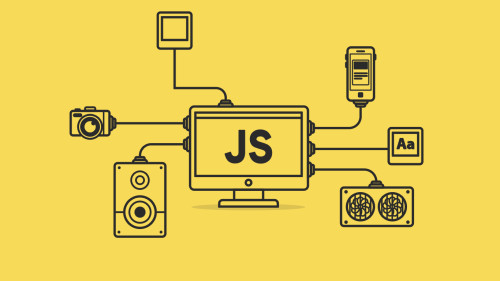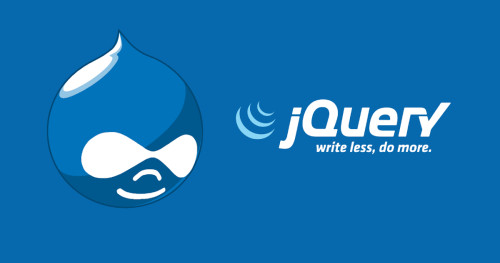In this article, we will see how to store JSON data in the database laravel 9. Laravel 9 stores JSON data in MySQL database. In this tutorial, we will learn how to store JSON data in MySQL using laravel 9 apps. Also, we will see how to convert string form data to JSON format data in the database using laravel 9.
JSON stands for JavaScript Object Notation. JSON is a lightweight data-interchange format. It is easy for humans to read and write. It is easy for machines to parse and generate.
So, let's see laravel 9 JSON data insert/stored in the MySQL database.
JSON Data Stored in MySQL Database in Laravel 9
Step 1: Install Laravel 9
Step 2: Create Migration
Step 3: Create Model
Step 4: Add Route
Step 5: Create Controller
In this step, we will install 9 using the following command.
composer create-project laravel/laravel laravel-9-appNow, we will create a migration for the posts table. And in this table, we will add the title and body column. The body column type is JSON.
php artisan make:migration create_posts_table<?php
use Illuminate\Database\Migrations\Migration;
use Illuminate\Database\Schema\Blueprint;
use Illuminate\Support\Facades\Schema;
return new class extends Migration
{
/**
* Run the migrations.
*
* @return void
*/
public function up()
{
Schema::create('posts', function (Blueprint $table) {
$table->id();
$table->string('title');
$table->json('body')->nullable();
$table->timestamps();
});
}
/**
* Reverse the migrations.
*
* @return void
*/
public function down()
{
Schema::dropIfExists('posts');
}
};Now, migrate the table in the database using the following command.
php artisan migrateNow, we will create the Post.php model using the following command. Also, we will use the get and set function.
php artisan make:model Postapp/Models/Post.php
<?php
namespace App\Models;
use Illuminate\Database\Eloquent\Factories\HasFactory;
use Illuminate\Database\Eloquent\Model;
use Illuminate\Database\Eloquent\Casts\Attribute;
class Post extends Model
{
use HasFactory;
/**
* Write code on Method
*
* @return response()
*/
protected $fillable = [
'title', 'body'
];
/**
* Get the user's first name.
*
* @return \Illuminate\Database\Eloquent\Casts\Attribute
*/
protected function body(): Attribute
{
return Attribute::make(
get: fn ($value) => json_decode($value, true),
set: fn ($value) => json_encode($value),
);
}
}
In this step, we will add routes in the web.php file.
routes/web.php
<?php
use Illuminate\Support\Facades\Route;
use App\Http\Controllers\PostController;
/*
|--------------------------------------------------------------------------
| Web Routes
|--------------------------------------------------------------------------
|
| Here is where you can register web routes for your application. These
| routes are loaded by the RouteServiceProvider within a group which
| contains the "web" middleware group. Now create something great!
|
*/
Route::get('index', [PostController::class, 'index']);Now, we will create the PostController.php file. And in this, we will add the index() function. In the index() function we will add JSON data and it can store in the database.
app/Http/Controllers/PostController.php
<?php
namespace App\Http\Controllers;
use Illuminate\Http\Request;
use App\Models\Post;
class PostController extends Controller
{
/**
* Write code on Method
*
* @return response()
*/
public function index()
{
$input = [
'title' => 'JSON Data Store in Database',
'body' => [
'1' => 'Store JSON Data',
'2' => 'Insert JSON Data in MySQL',
'3' => 'Laravel 9 JSON Data Store'
]
];
$post = Post::create($input);
dd($post->body);
}
}Output:
array:3 [ 1 => "Store JSON Data" 2 => "Insert JSON Data in MySQL" 3 => "Laravel 9 JSON Data Store" ]
You might also like :
- Read Also: Laravel 8 CRUD Operation Example
- Read Also: Laravel 8 Artesaos SEOTools Tutorial
- Read Also: How To Check RAM And CPU Usage In Laravel
- Read Also: How to Download File on the FTP Server Using PHP





